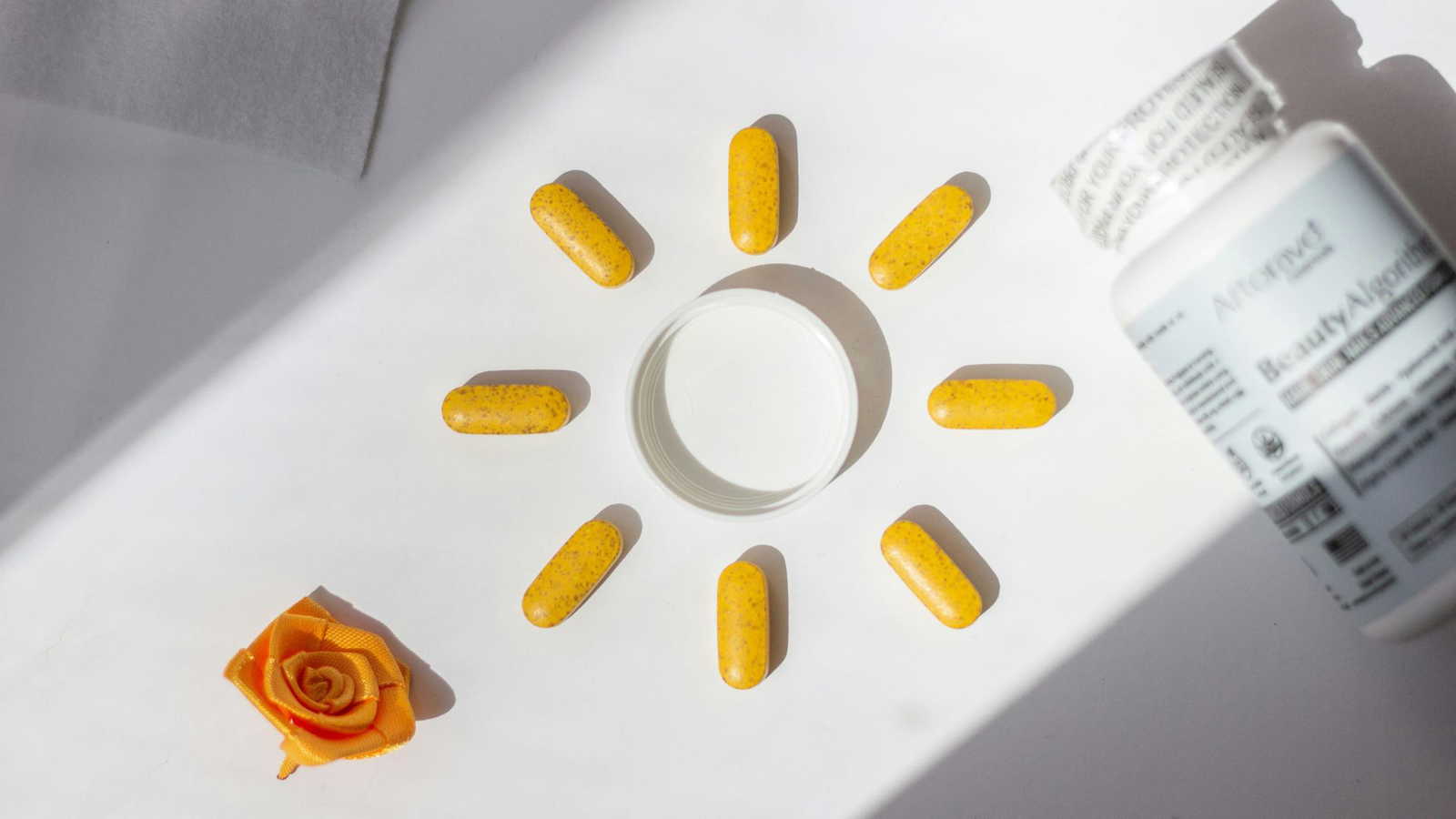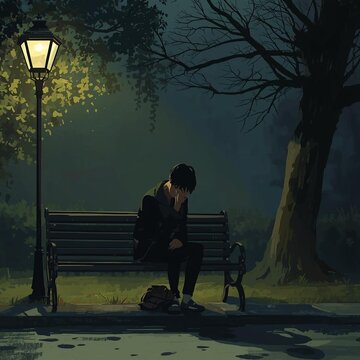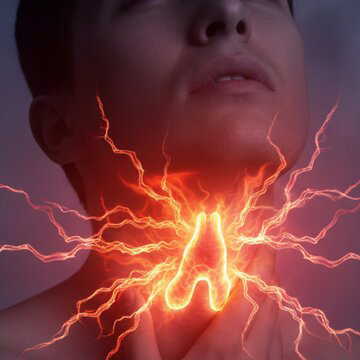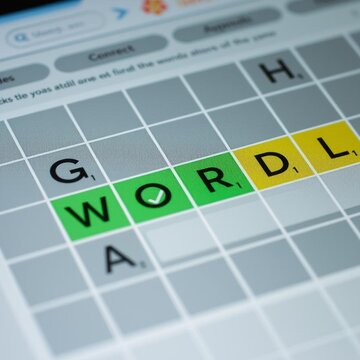We often chase better health through workouts, skincare routines, and balanced meals — but sometimes, the most essential nutrient slips quietly under the radar.
Vitamin D, the 'sunshine vitamin', is one such silent force that keeps our body energised, our bones strong, and our mood steady. Yet in our modern indoor lifestyles, with long work hours and limited sun exposure, Vitamin D deficiency has become surprisingly common.
And when your body starts running low, it sends signals-subtle at first, but louder and scarier over time.
The signs your body sends when you’re low on Vitamin D
Vitamin D deficiency often begins with persistent tiredness. Even after a full night of sleep, you may feel drained during the day because your muscles struggle to produce energy efficiently. Muscle aches, leg cramps, or lower back pain may follow, signalling weakened muscle and bone health. As Vitamin D is crucial for calcium absorption, prolonged deficiency can make bones fragile, raising the risk of fractures.
ALSO READ | Cherry blossom season arrives in Kalimpong’s Samabiyong, tourists flock to tea estates
Your immune system also takes a hit. If you find yourself catching colds easily or taking longer to recover, low Vitamin D might be the reason. Mood shifts — irritability, low motivation, or symptoms of depression — are also commonly linked to deficiency. In older adults, prolonged low levels may lead to osteoporosis, while children may develop rickets.
Even your skin and hair reflect the shortage. Slow wound healing, increased inflammation, or unusual hair fall often point to inadequate Vitamin D in the body.
ALSO READ | Why does everyone in their 20s feel burnt out — even when life has just begun?
In conclusion, Vitamin D deficiency is more widespread than we realise, but thankfully, easy to address. A little mindful sunlight, foods rich in Vitamin D, and doctor-advised supplements can bring your levels back on track. If symptoms persist, a simple blood test is all it takes to get clarity and begin recovery.










